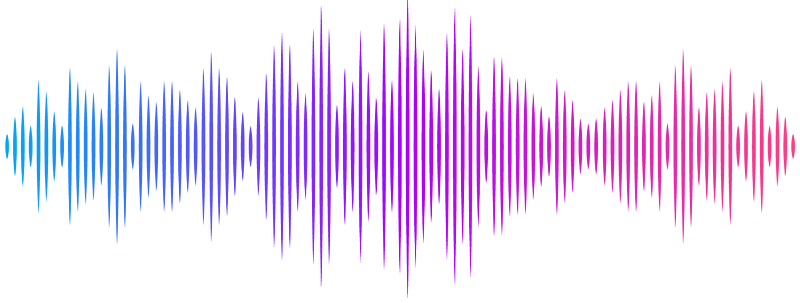Glia-mediated gut-brain cytokine signaling couples sleep to intestinal inflammation

Glia-mediated gut-brain cytokine signaling couples sleep to intestinal inflammation
Malita, A.; Kubrak, O.; Chen, X.; Koyama, T.; Connolly, E. C.; Ahrentloev, N.; Andersen, D. S.; Texada, M. J.; Halberg, K.; Rewitz, K.
AbstractSickness-induced sleep is a behavior conserved across species that promotes recovery from illness, yet the underlying mechanisms are poorly understood. Here, we show that interleukin-6-like cytokine signaling from the Drosophila gut to brain glial cells regulates sleep. Under healthy conditions, this pathway promotes wakefulness. However, elevated gut cytokine signaling in response to oxidative stress - triggered by immune and inflammatory responses in the intestine - induces sleep. The cytokines Unpaired 2 and -3 are upregulated by oxidative stress in enteroendocrine cells and activate JAK-STAT signaling in glial cells, including those of the blood-brain barrier (BBB). This activity maintains elevated sleep during oxidative-stress-induced intestinal disturbances, suggesting that the JAK-STAT pathway in glia inhibits wake-promoting signaling to facilitate sleep-dependent restoration under these conditions. We find that the enteric peptide Allatostatin A (AstA) enhances wakefulness, and during intestinal oxidative stress, gut-derived Unpaired 2/3 inhibits AstA receptor expression in BBB glia, thereby sustaining an elevated sleep state during gut inflammation or illness. Taken together, our work identifies a gut-to-glial communication pathway that couples sleep with intestinal homeostasis and disease, enhancing sleep during intestinal sickness, and contributes to our understanding of how sleep disturbances arise from gastrointestinal disturbances.


